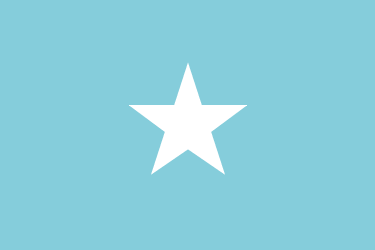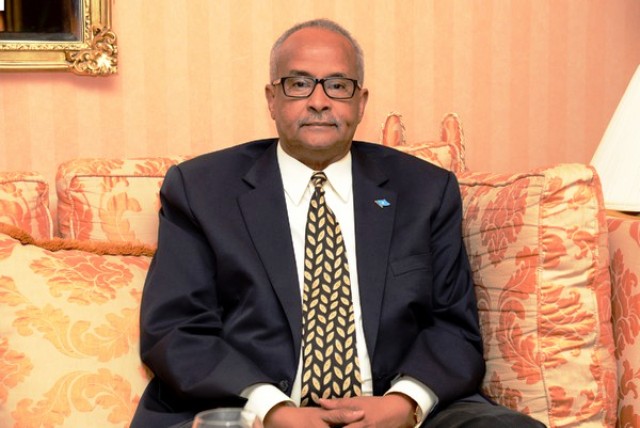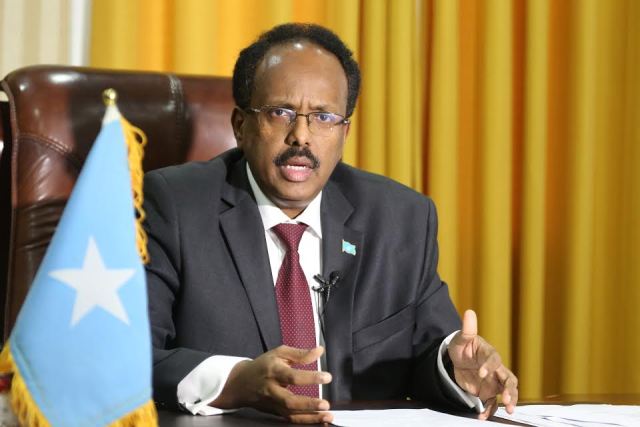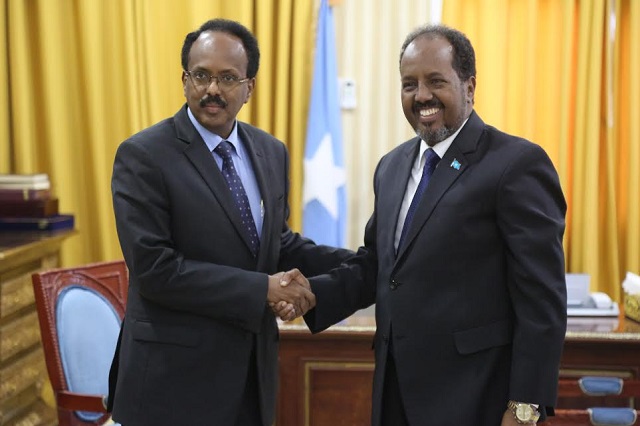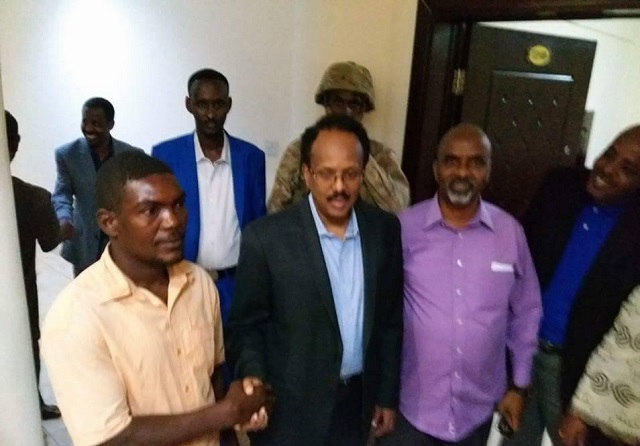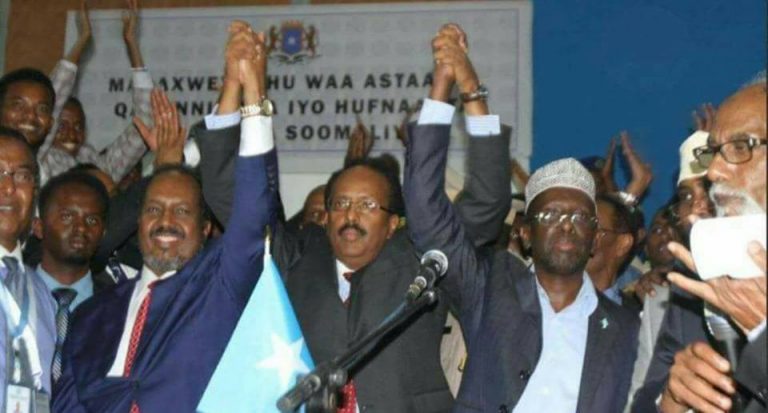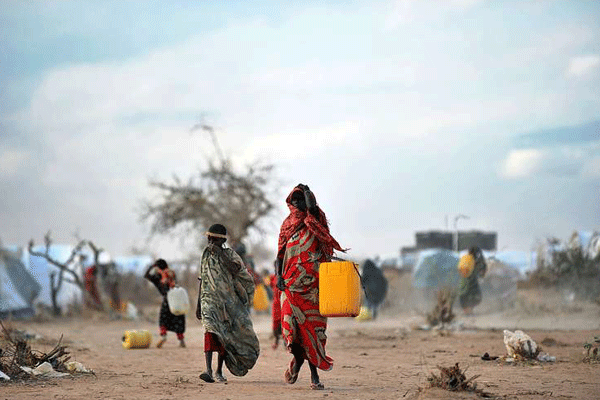
Somali refugees fetching water in Dadaab. FILE PHOTO | AFP
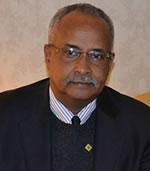 |
Dr. Abdisalam Hadliye Omar
Saturday, June 18, 2016
My first visit to Dadaab as part of Somali President Hassan Sheikh Mohamud’s delegation recently truly moved me. I saw and felt both struggle and hope in the place, people, and partners tasked with helping this most vulnerable group in their daily lives and also as they prepare to return home in a dignified manner.
The visit to Dadaab was historic. We were accompanied by Mr Joseph Nkaissery, the Kenyan Interior Cabinet secretary, and senior officials from the office of the United Nations High Commissioner for Refugees (UNHCR). Regardless of recent tension-evoking media reports, it was clear that there was a determination to, yes, return Somali refugees in Dadaab home but to do so in a way that is dignified, orderly, and in line with all international laws and existing agreements.
The experience of refugees is impossible to describe in simple words. The upheaval, separation, loss of loved ones, property, and having to restart life, is a difficult experience. It is my belief that no one would ever want to be a refugee.
The section of Dadaab that we visited was well maintained and the Kenyan Government and the partners on the ground such as UNHCR and Islamic Relief are implementing life-changing education and health projects in the camp.
I was moved to listen to a poem by young learners at Hilaac Primary School in IFO 2 Camp that highlighted the importance of education to the stability of their uncertain lives.
Given the international refugee crisis, Somalia, Kenya, and the UNHCR have a historic opportunity to work through and within the principles and guidelines of the Tripartite Agreement to create a blueprint for successful refugee resettlement policies that can be transferred across borders. While this will not always be easy, we have the conditions for success.
The Somali refugees whom our delegation met in Dadaab want to return home and our government wants them home. The young learners in Hilaac school and the majority of the people in the camp are the ones that our nation will rely on to continue with the rebuilding and development of Somalia. However, and again, their return must be dignified, orderly, and carried out in a manner that allows them to have meaningful lives upon arrival.
CONTINUED COOPERATION
The Somali Government will always thank the government and people of Kenya for their generosity, patience, and support during Somalia’s hour of need. A better acknowledgement of Kenya’s generosity and an even deeper appreciation was expressed by the refugees we met in the camp, who have integrated with the local community.
Somalia and Kenya have a common future and challenges as neighbours. Our two nations’ ties are historic and I am certain, in close partnership and with continued cooperation, we will overcome the common challenges of regional and international insecurity and capitalise on the opportunities for trade and commerce.
Upon their return to Somalia, the refugees from Dadaab will no doubt act as a further bridge between Somalia and Kenya by bringing us even closer together through language, culture, commerce, and enhanced relations. This is a noble outcome that we must all protect and promote through orderly and safe return home of the refugees.
Somalia is turning the corner to stability and progress. A strengthening Somali Government and institutions are working with partners, including the Kenyan Government, to prepare the ground for the return of our citizens by defeating the last pockets of terrorism and creating opportunities at home.
With this partnership based to resettle this most vulnerable group in a dignified, timely, and well planned manner, we are confident that we will succeed in our common endeavour.
Dr Omer is the minister of Foreign Affairs and Investment Promotion of the Federal Republic of Somalia
This article was first published in the Daily Nation
